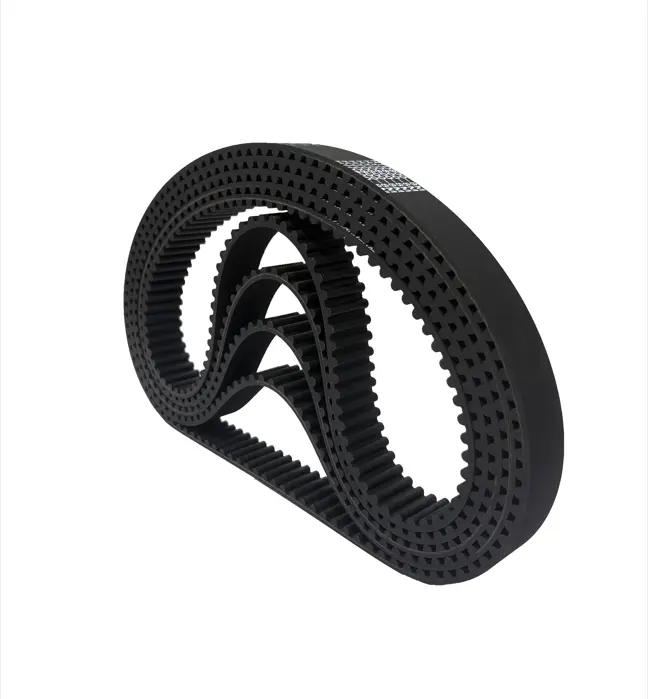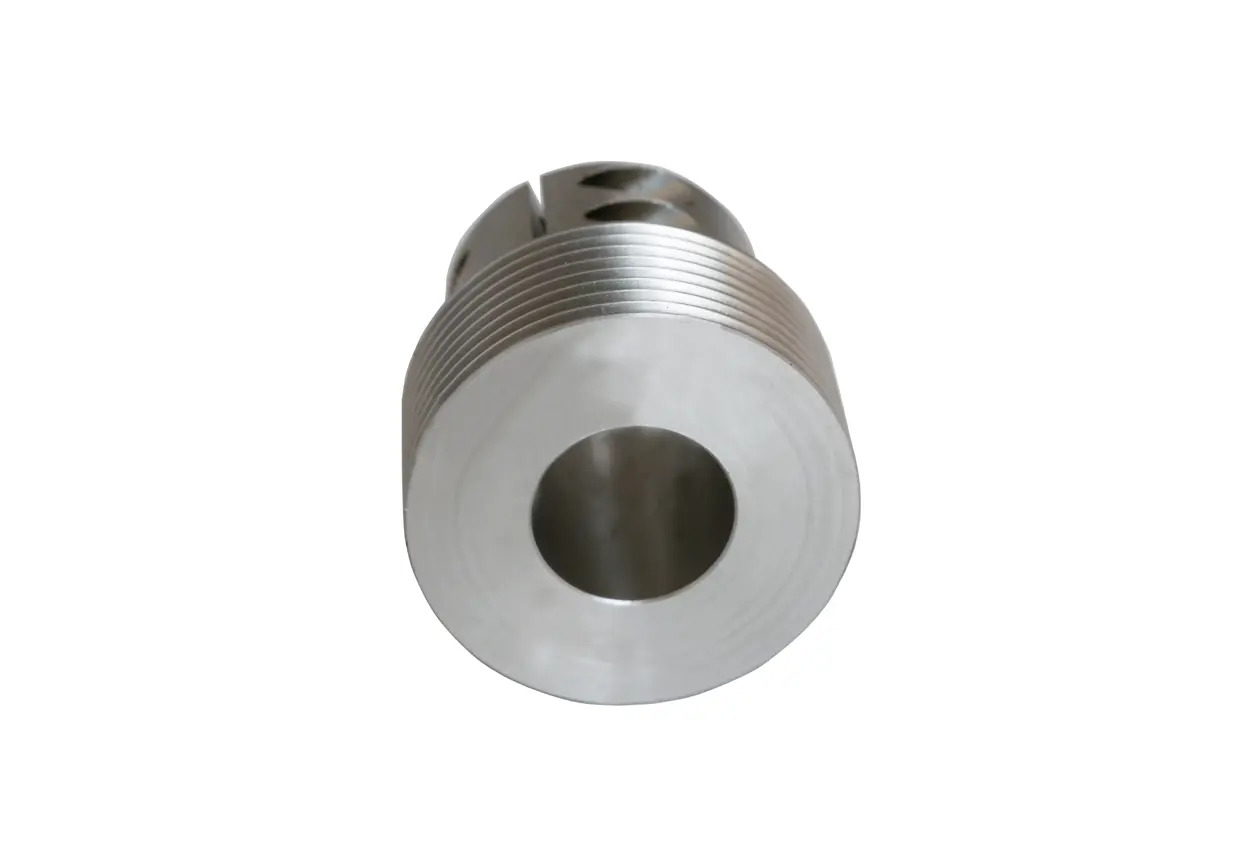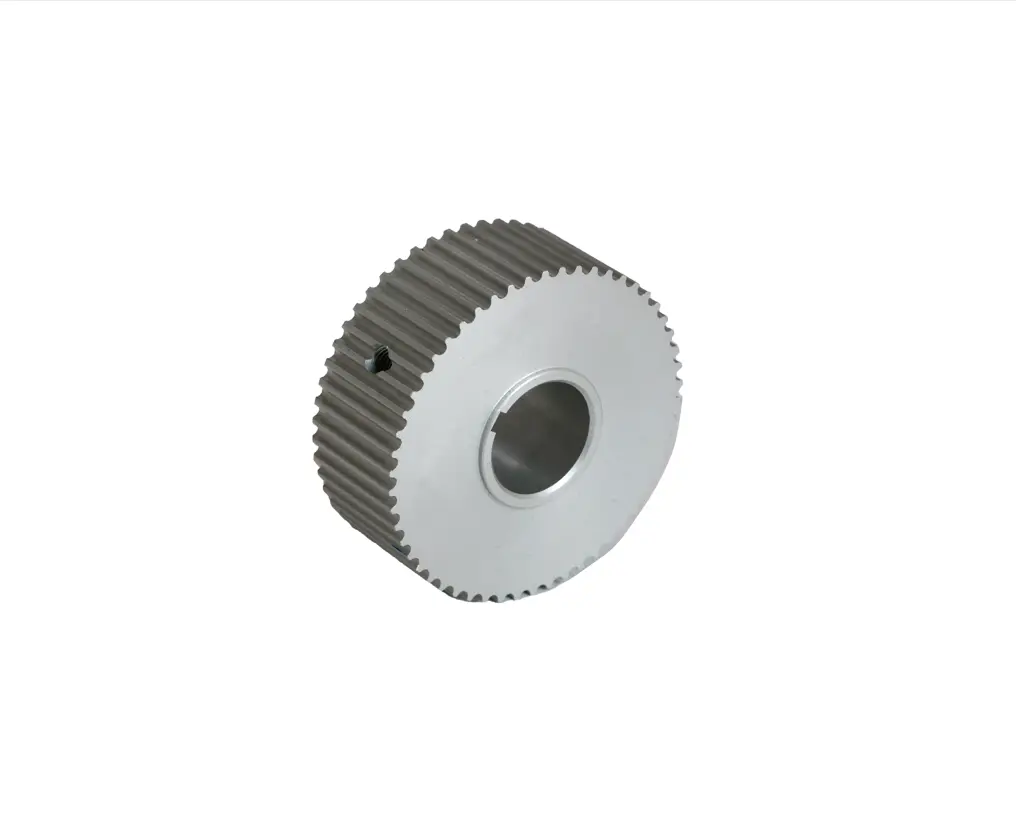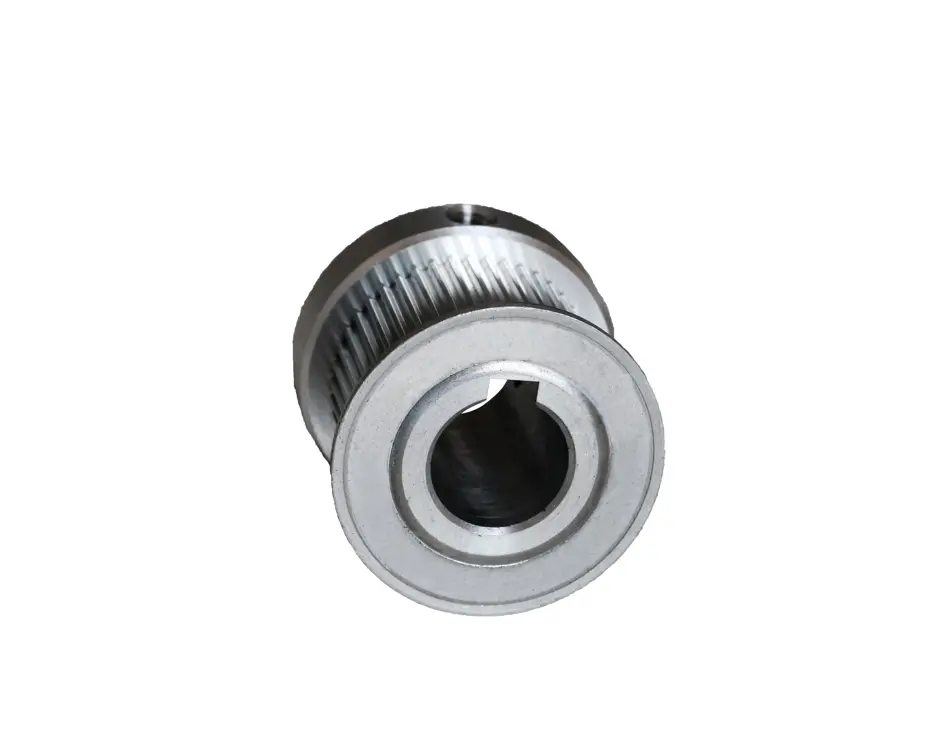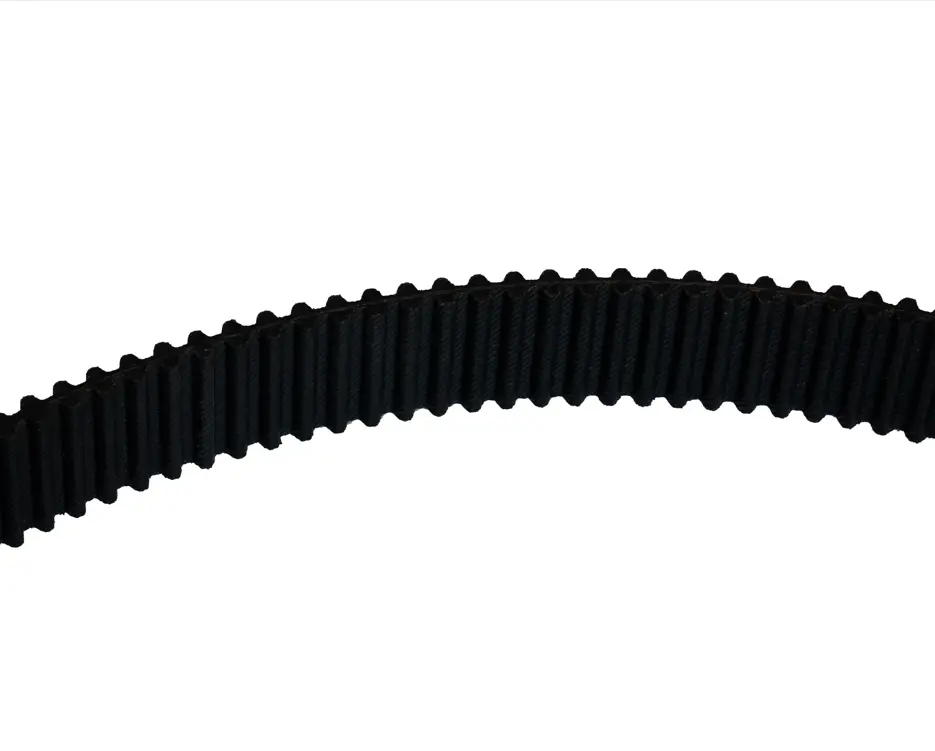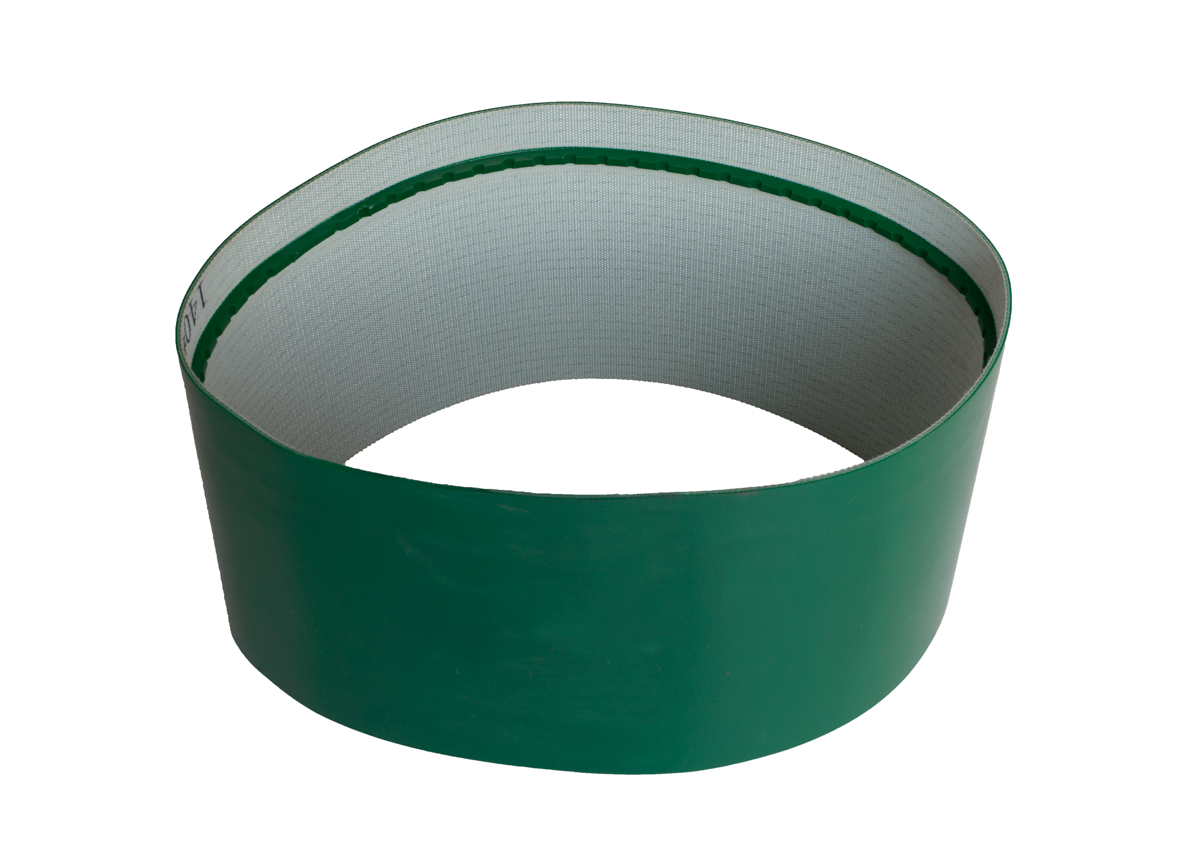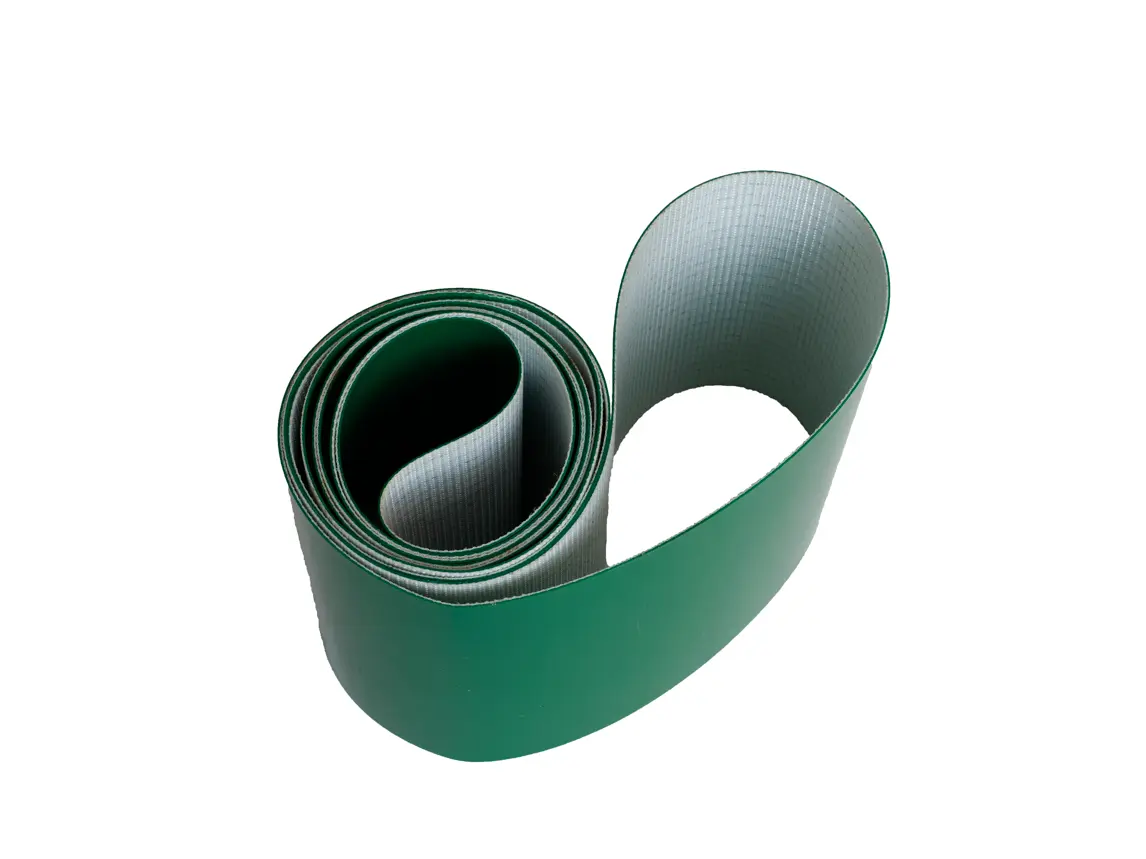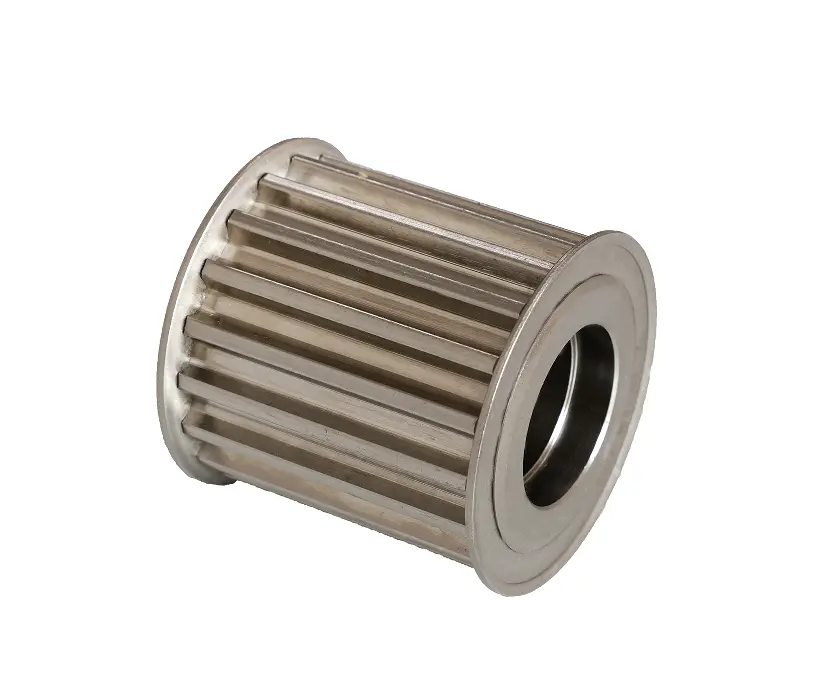Why Choose Customized Synchronous Pulleys for High-Performance Applications
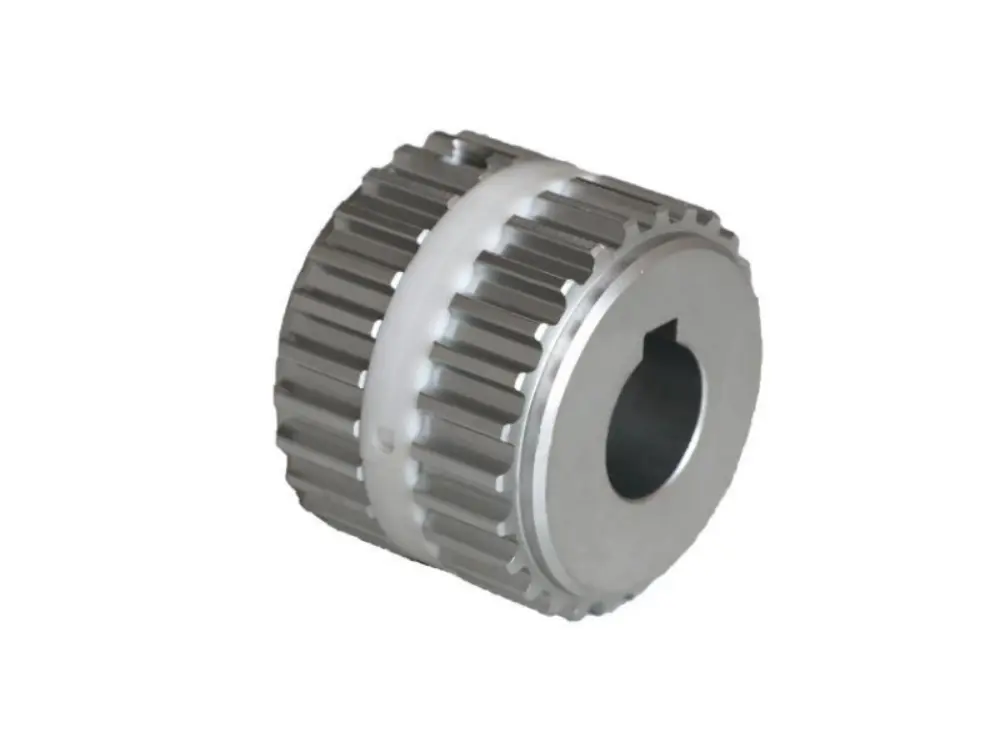
Customized Synchronous Pulleys help machines work better. They give smooth and steady power where it matters most. Each synchronous pulley matches the machine’s needs. This means less downtime and more reliable performance. High-performance equipment keeps running strong, even in tough conditions.
Key Takeaways
- Customized synchronous pulleys fit machines perfectly, reducing downtime and improving performance in tough conditions.
- Choosing special materials and surface treatments makes pulleys stronger and longer-lasting for high-demand uses.
- Design flexibility lets engineers solve unique problems and quickly adapt pulleys to changing machine needs.
Overcoming the Limitations of Standard Synchronous Pulley Solutions
Design and Fit Restrictions in Off-the-Shelf Synchronous Pulleys
Many companies find that standard pulleys do not always fit their machines. For example, an optics device manufacturer needed pulleys with a bore reduced by 2 mm and a longer timing belt. They could not find these parts off the shelf. They had to modify standard pulleys to make them work. This shows that off-the-shelf pulleys often need changes to fit special machines. JK Pulley & Manufacturing also points out that custom pulleys are important when machines need exact alignment or special load handling. Industries like aerospace and automotive often face these problems. Standard pulleys cannot always meet unique shapes or tight spaces.
Material and Surface Treatment Constraints for Demanding Applications
Standard pulleys usually come in a few basic materials. These may not work well in tough environments. High-performance machines sometimes need special materials like 42CrMo alloy steel, stainless steel, or even nylon. They may also need surface treatments such as carburizing and quenching, hard chrome plating, or anodizing. These treatments help pulleys last longer and resist wear. Off-the-shelf options rarely offer these choices.
Performance Shortcomings in Specialized High-Performance Uses
Some machines run at high speeds or carry heavy loads. Standard pulleys may not keep up. They might wear out faster or cause the machine to stop. Custom synchronous pulley solutions can match the exact needs of each machine. They support over 20 international tooth profile standards, like AT5/AT10 and HTD3M/5M/8M. This means they can handle special jobs and keep machines running smoothly.
Key Benefits of Customized Synchronous Pulley Engineering
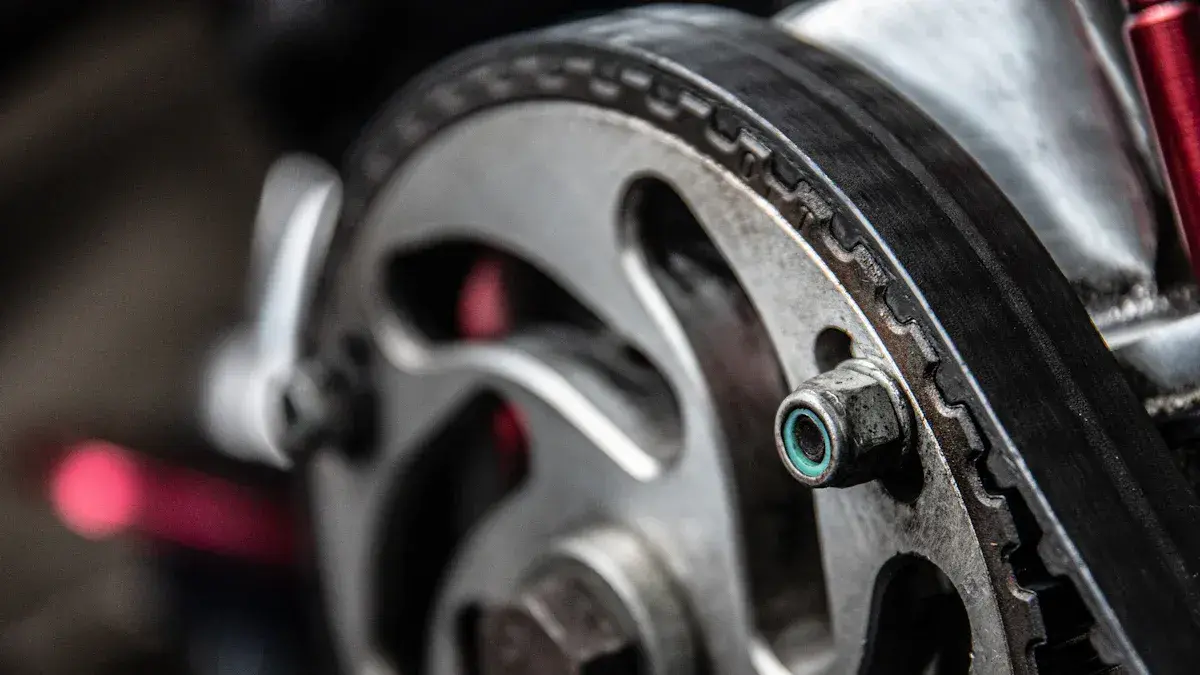
Precision Engineering for Exact Specifications and Tooth Profiles
Every machine works best when its parts fit perfectly. Customized synchronous pulleys let engineers match the exact size, shape, and tooth profile needed for each job. They can choose from over 20 international tooth profile standards, such as AT5/AT10, HTD3M/5M/8M, STS3M/5M/8M, and MXL/XL/L. This wide selection means the pulley will always fit the timing belt and the machine’s needs. When the tooth profile matches the application, the pulley runs smoother and lasts longer. Engineers can also adjust the bore size, width, and other features. This level of precision helps machines work quietly and efficiently. It also reduces the risk of slipping or misalignment.
Advanced Material Options and Surface Treatments for Durability
A synchronous pulley faces tough conditions in high-performance machines. It needs to resist wear, handle heavy loads, and last a long time. Custom pulleys offer many material choices, including 42CrMo alloy steel, carbon steel, stainless steel, aluminum alloy, and nylon. Each material brings its own strengths. For example, stainless steel resists rust, while 42CrMo alloy steel offers high strength.
Advanced surface treatments make pulleys even tougher. These treatments include carburizing and quenching, hard chrome plating, Ferroferric Oxide Protective Film Treatment, nickel plating, and anodizing. They help pulleys last longer and work better in harsh environments.
- Nitriding, carburizing, induction hardening, and shot peening increase fatigue life, wear resistance, and surface hardness.
- Materials like 4140, 4340, and stainless steel 17-4 PH provide enhanced hardenability, corrosion resistance, and superior fatigue strength.
- Durability tests such as surface hardness testing, case depth measurement, and microstructure analysis confirm the quality of eacH Pulley.
- Careful control of temperature, treatment time, and environment ensures every pulley meets strict standards.
With these options, a custom synchronous pulley can handle almost any challenge.
Design Flexibility and Intelligent Adaptation to Application Needs
No two machines are exactly alike. Custom synchronous pulleys give engineers the freedom to design for any situation. They can change the size, shape, or even the way the pulley connects to other parts. This flexibility makes it easier to solve tricky problems, like fitting a pulley into a tight space or handling a special load.
Design flexibility also means faster changes and upgrades. Modular designs help engineers try new ideas without starting from scratch. This approach makes it easier to improve performance and keep up with new technology. Intelligent adaptation, supported by dynamic capabilities, lets companies respond quickly to new needs. As a result, machines stay reliable and efficient, even as demands change.
The Custom Synchronous Pulley Process and Expert Support
Collaborative Needs Assessment and Solution Design
Every successful project starts with a clear understanding of what the machine needs. Engineers and customers work together from the beginning. They talk about the machine’s job, the space available, and any special challenges. This teamwork helps everyone find the best solution.
- The DrawBot project on Thingiverse shows how people can work together to solve problems.
- Designers add new features, fix issues, and improve instructions.
- Good teamwork keeps everyone involved and helps the project grow.
- Leaders guide the group and make sure everyone feels welcome.
- The project’s success comes from sharing ideas and working together.
This approach helps create a synchronous pulley that fits the job perfectly.
Tailored Prototyping and Manufacturing with Quality Assurance
After the design is ready, the team builds a prototype. They test it to make sure it works well. Companies like Elimold check how the pulley runs at different speeds and loads. They look for smooth movement and strong teeth.
- They use tight quality controls to meet high standards.
- Fast prototyping means changes happen quickly.
- Special treatments like heat treatment and polishing make the pulley last longer.
- Materials can be metal or plastic, depending on what the machine needs.
- WM Berg uses careful testing and inspections to make sure every part is just right.
These steps help the synchronous pulley work better and last longer.
Ongoing Technical Support and Performance Optimization
Support does not stop after the pulley is made. Experts keep helping with any questions or problems. They track how well the pulley works and look for ways to make it even better.
- Help desk teams watch for issues and fix them fast.
- They check things like machine uptime and how quickly problems get solved.
- Companies use data to find ways to improve and save money.
- Regular checks and smart maintenance keep machines running smoothly.
This ongoing support helps customers get the most from their equipment.
Choosing a customized synchronous pulley helps any team reach top performance. They get the right fit, strong materials, and smart design. These pulleys work well in tough jobs. Anyone who wants better results and longer machine life should consider this solution.
Ready to upgrade? Explore custom options today!
FAQ
What materials can a custom synchronous pulley use?
A custom pulley can use 42CrMo alloy steel, carbon steel, stainless steel, aluminum alloy, QT500-7, or nylon... Each material fits different needs and environments.
How does surface treatment help a pulley last longer?
Surface treatments like hard chrome plating or anodizing protect the pulley from wear and rust. These treatments help the pulley work better in tough conditions.
Can a custom pulley match any tooth profile?
Yes! Custom pulleys support over 20 international tooth profile standards. They fit many Timing Belts and special machines.
Need more details? The team can help you pick the best options for your project.

